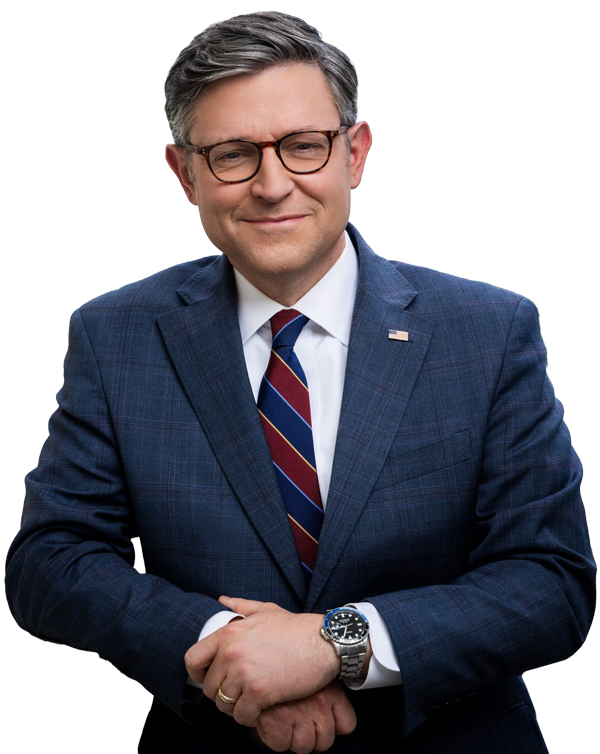
The House and Senate essentially agree on fiscal 2025 spending levels for the National Nuclear Security Administration, but election-year politics may lead to a shutdown instead, media reported this week.
House Speaker Rep. Mike Johnson’s (R-La.) is considering a six-month continuing resolution to freeze federal spending at 2024 levels through March, media including Politico and The Hill reported, citing a private GOP conference call.
However, Johnson’s spending bill would be coupled with voter ID laws that former President and current presidential candidate Donald Trump (R) insisted in August, on the Monica Crowley Podcast, that the House pass, or else shutdown the government.
The ranking Democrat on the House Appropriations Committee, Rosa DeLauro (D-Conn.), said she preferred a shorter-term, three-month continuing resolution, The Hill reported. Doing so would give Democrats the chance to debate short-term spending while still controlling the Senate and White House. The 2025 fiscal year ends Oct. 1, and the election is Nov. 5.
Meanwhile, and despite a few differences on where to spend the money, House and Senate appropriators this summer passed separate National Nuclear Security Administration (NNSA) budgets separated, in dollar terms, at least, by only about 1%.
Right before August recess, the House canceled a planned vote on several 2025 appropriations bills, including the 2025 energy and water appropriations bill that would fund the NNSA at about $25.5 billion. A fractious, razor-thin Republican majority could not gather enough votes to pass their preferred version of the bills.
A week later, the Senate Appropriations Committee passed a bill that would give the NNSA about $25.2 billion, some $200 million more than the White House requested and $265 million less than the bill stranded on the House floor.
Senate appropriators approved the $800 million in requested funding for the Uranium Processing Facility, ignoring a proposal by House colleagues to boost the project’s 2025 budget to $840 million. Senate appropriators similarly approved the White House’s requested funding for new plutonium pit infrastructure, $2.9 billion, instead of the roughly $3 billion approved by the House Appropriations Committee.
At the deadline for Nuclear Security & Deterrence Monitor floor votes had not yet been scheduled for the fiscal year 2025 budget in either chamber. Congress convenes again fully in Washington on Sept. 9.
With the November election looming, 34 seats are up for grabs in the Senate. A six-month continuing resolution would bring the decision for the budget into a new administration and one poll predicts Republicans could take a majority in the Senate, possibly by two seats.
If all Democrats in the House oppose a stopgap Republican spending plan, and none had been filed at deadline, Republicans would need all their members minus three to pass the bill. According to Politico, only two Republicans, Reps. Thomas Massie (R-Ky.) and Matt Rosendale (R-Mont.), had said at deadline that they would vote against Johnson’s plan. Massie told the Monitor that his thoughts on the six-month continuing resolution plan are that “it’s crap.”
Rep. Don Bacon (R-Neb.) told the Monitor that he would still vote yes, however.
“I prefer a short CR versus a six-month one that hurts our military,” Bacon said. “But, I won’t vote for a government shutdown as that is the worst option. In the end I’ll vote to keep the government doors open if that is my option.”